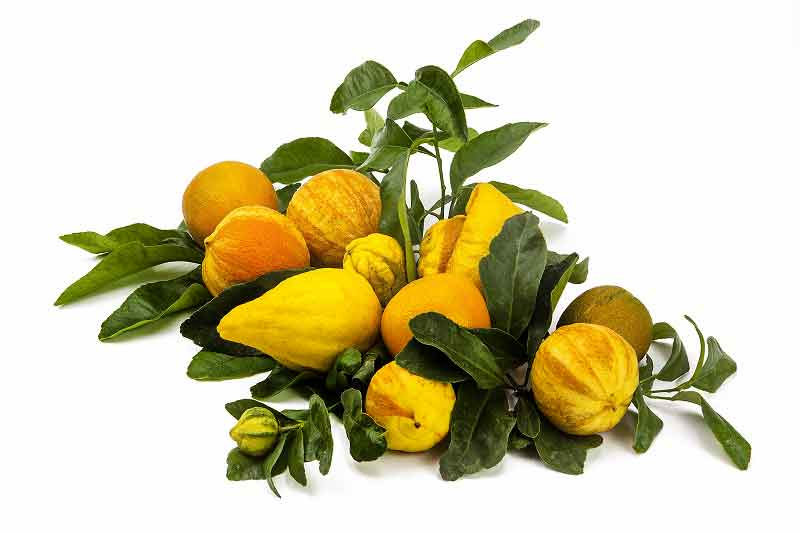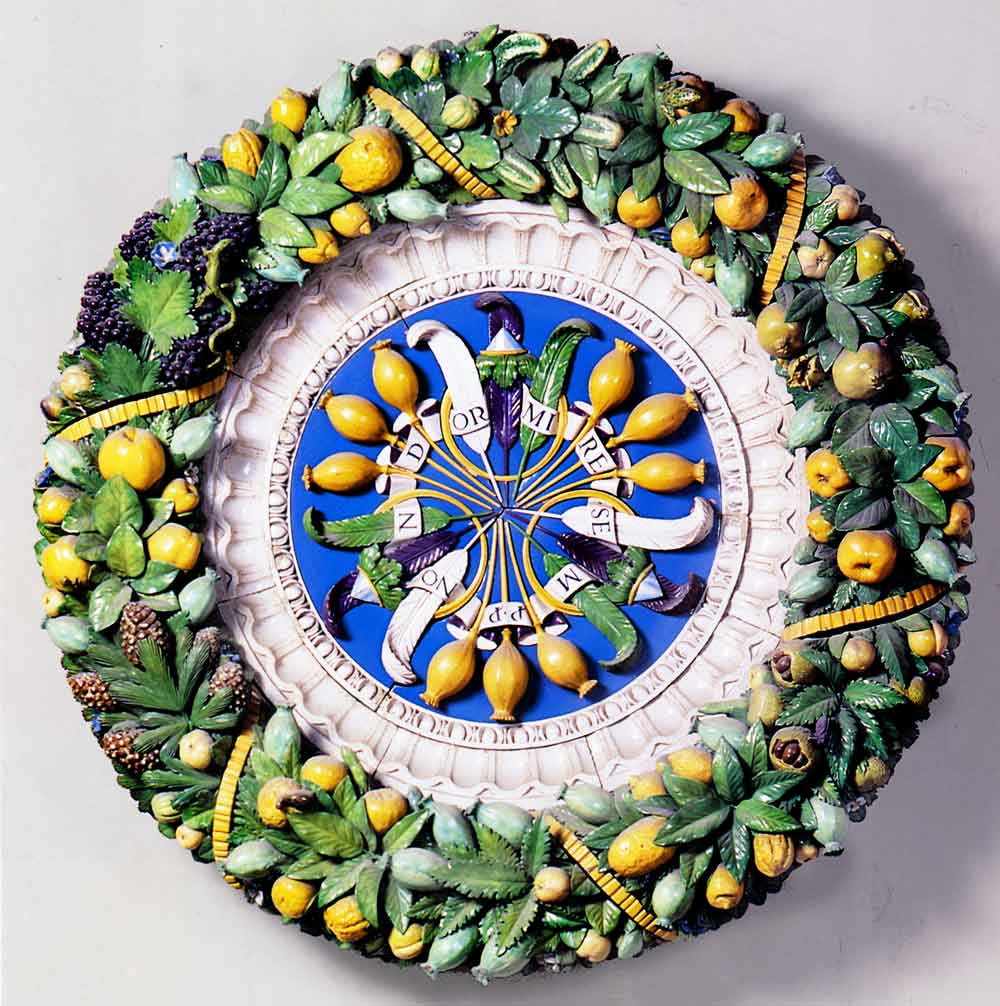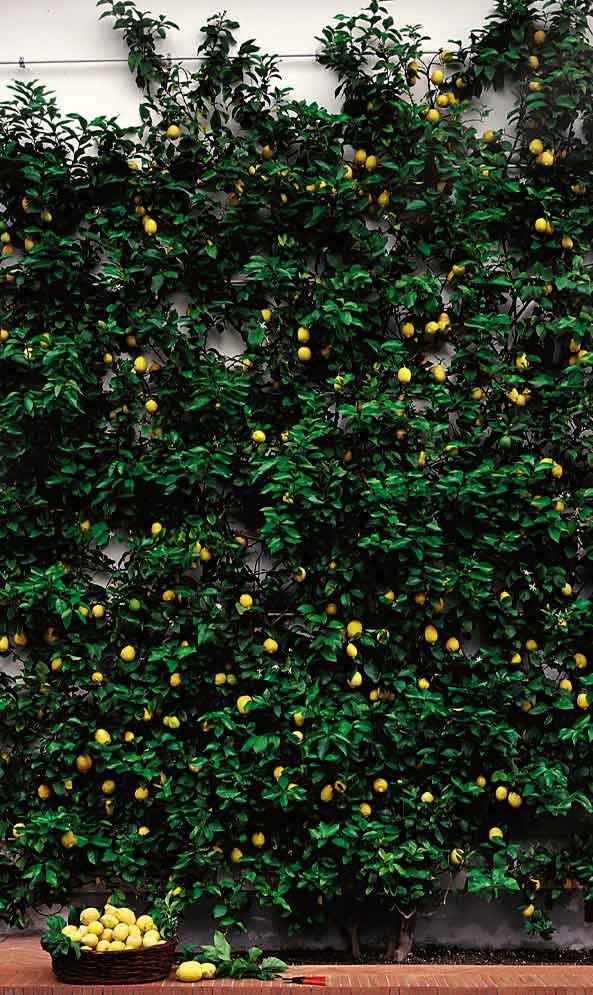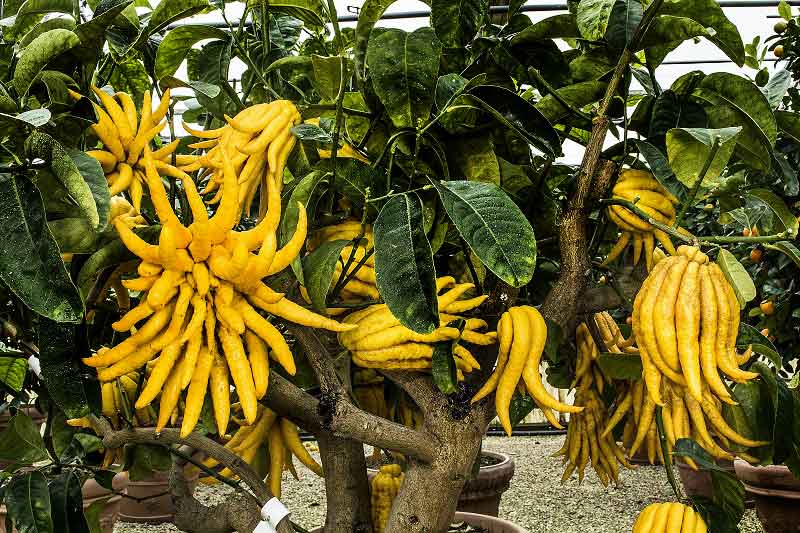IN PRAISE OF CITRUS FRUITS, DELIGHTS FOR THE EYES AND THE PALATE
An interview with Alberto Tintori of OSCAR TINTORI VIVAI By Fiamma Domestici I have always nourished an unconditional passion for the noble citrus fruits of the Tuscan tradition,...
Filter by Category
Filter by Author
An interview with Alberto Tintori of OSCAR TINTORI VIVAI By Fiamma Domestici I have always nourished an unconditional passion for the noble citrus fruits of the Tuscan tradition,...
Posted by Fiamma Domestici
“He possessed great talent at painting flowers and figures”. It seems an obvious statement for our times, but the famous phrase, attributed to Caravaggio, overturned...
Posted by Fiamma Domestici
The garden of Daniel Spoerri, Founder EAT ART Old maps register it under the name of “Il Paradiso”. We are on the slopes of Monte Amiata, in front of the picturesque...
Posted by Fiamma Domestici
Food has always had a place and a very distinct role in art, from the ancient world to today. Food is the protagonist in still life paintings and an important iconographic element...
Posted by Fiamma Domestici
What do oranges, pineapples, bananas, rice, mushrooms, nettle, beer and wine have in common? We can eat them, drink them and…weave them! Here are some examples. We can transform...
Posted by Fiamma Domestici
Born in 1953 in Siena, she graduated in History of Medieval Art; in 1993, she founded the Wine Tourism Movement and then created the Open Cellars initiative: a full day dedicated...
Posted by Fiamma Domestici
when art masterpieces inspire healthy and tasty recipes Take the professionalism and passion of an art critic, Caterina Corni, with the passion for contemporary Indian art, the...
Posted by Fiamma Domestici
An interview with Alberto Tintori of OSCAR TINTORI VIVAI
By Fiamma Domestici
I have always nourished an unconditional passion for the noble citrus fruits of the Tuscan tradition, for their infinite variety of species, the symbolic meanings they contain, their sometimes unusual, peculiar, extravagant and bizarre shapes, the fresh and intoxicating perfumed essences of their pulpy fruits.

We could trivially call it professional deformation since I have dedicated most of my art history studies to the robbiane sculptures, the glazed terracotta masterpieces of the Florentine Renaissance where the contribution of the vegetable wreaths in relief was not of less importance. They emphasize the beauty, sometimes the roughness, sometimes the roundness of fragrant lemons, oranges, citrons, and bergamots. Extraordinary fruits, with many iconological references, that, for over a century, Luca della Robbia, succeeded by Andrea and his son, Giovanni della Robbia and his brothers intertwined ‘artfully’ with green leaves, rich flickering ribbons and small field flowers as ornament and framing of monumental altarpieces, tabernacles, tondi, and heraldic coats of arms.

The same iconographic themes that the painter of the ‘natural wonders‘ favoured by Cosimo III de’ Medici, Bartolomeo Bimbi, adopted. In the grand-ducal Florence of the second half of the seventeenth century, he wanted to depict with scientific precision. His painting entitled Citrus Fruits, preserved in the Uffizi, counts 31 different species of oranges and lemons.
In this digital version of a ‘literary parlour’ dealing with food in an erudite way, conceived and made to grow with passion and absolute commitment by Nicoletta Arbusti, we could not dedicate some space in homage to the life of OSCAR TINTORI. A Tuscan emblem of excellence, a somewhat internationally renowned brand, a certificate of quality for all lovers and connoisseurs of these extraordinary plants that embellish our Mediterranean gardens and have always played not only an ornamental but also a therapeutic and gastronomic role.
What are the origins of your company, a world leader in citrus cultivation?
“It all started by chance from a beautiful Tuscan lemon espalier leaning against the perimeter wall, which once covered, like a blanket, the south wall of an old farmhouse on a land in Via Tiro a Segno near Pescia, where my grandfather Oscar lived with his family”, says Alberto Tintori, the owner of the Tuscan company. “Success came shortly after when, at one of the first editions of the Biennale del Fiore di Pescia, Alfredo Ratti, curator of the show, invited my grandfather to exhibit some specimens of those beautiful lemon trees in Impruneta terracotta pots he had on the farmyard facing his house. The beauty of those plants, presented for the first time at an exhibition of cut flowers, conquered the visitors so much that shortly after my grandfather decided to abandon floriculture to devote himself completely to this new activity”.

Today the Oscar Tintori Company is a leader in Italy and the world in the production and care of ornamental citrus fruits. What is your secret?
“We are a small but well-structured company where a team of professionals works and takes care of citrus fruits as if they were their children. Citrus fruits need much attention, care and love to grow healthy and vigorous with an abundance of fragrant and pulpy fruits. It takes loyal and passionate collaborators who follow the life and production cycle of the plant, can understand and satisfy the plants’ different needs, and respond to the help signs of each specimen, of each variety. In the winter months, we offer a shelter in our greenhouses to the citrus fruits of any customer who requests it, giving the most thorough service possible”.
What is your main target market?
“We work a lot here in Tuscany and Italy but also abroad to furnish the ‘winter gardens’ of countries in central and northern Europe, such as Norway and the United Kingdom”.
What is Hesperidarium?
“It is a multisensory experience we recommend to all those who wish to re-live the atmosphere and the pleasure of the intoxicating scents people sensed in the Medici villas gardens, especially in the Villa di Castello, which boasted the largest collection of citrus among all the Medici properties. It is a Citrus Garden, which collects over 200 of the over 400 varieties grown in our company. A true botanical park where you can admire the ancient cultivars of the Grand Ducal collections, rare and exotic varieties from the Far East, but also from the southern hemisphere, an exciting path that winds through green paths, vegetable tunnels and fountains”.
What are the most unusual and extravagant species?
“Among the most curious species, the Digitata, fingered citron or Buddha’s Hand, originally from China, Japan and Indochina where it has been cultivated since ancient times for religious and ornamental purposes. Its yellow fruit, with a thick peel, devoid of pulp, has the apical part divided into numerous spindle-shaped, pointed sections that recall the shape of the fingers in a hand; but also the Citrus medica “Aurantiata”, an ancient cultivar present in the Medici gardens since ‘600, a possible hybrid between cedar and bitter orange”.

“The Bizzarria of Florence is a real wonder, as it features both sour orange and citron fruits, and lumpy fruits, yellow, orange and green, with the morphological characteristics of both species. It is stored in the garden of the Villa di Castello, but has also been introduced in the Boboli garden and the Botanical Gardens of Florence”.
What are the gastronomic delights of OSCAR TINTORI?
“Mainly ‘delicious’ jams flavoured with bitter orange, fragrant bergamots, Tuscan lemon, mandarins, pink grapefruit, which keep the freshness and scent of recently picked fruit. Besides, we produce lemon and orange blossom honey and excellent organic liqueurs”.
Florence
Florence University of Arts – The American University of Florence FUA – AUF Architect, writer, entrepreneur and the art of cooking Florence – Walking in Via...
Interview with Dr Enrico Chiavacci, Marketing Director at Marchesi Antinori. In the time of Covid-19. A distanced interview with Dr Enrico Chiavacci, Marketing Director at...